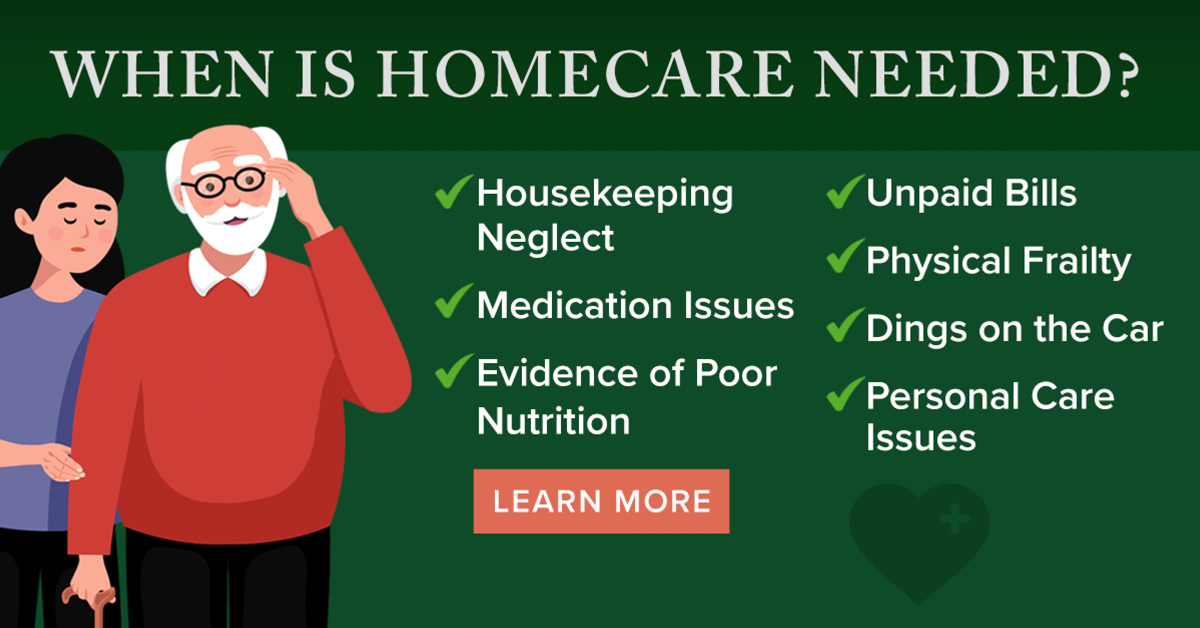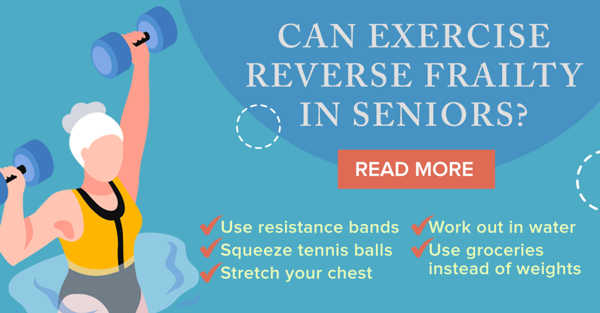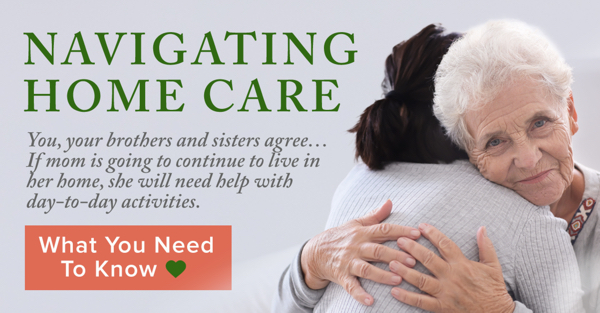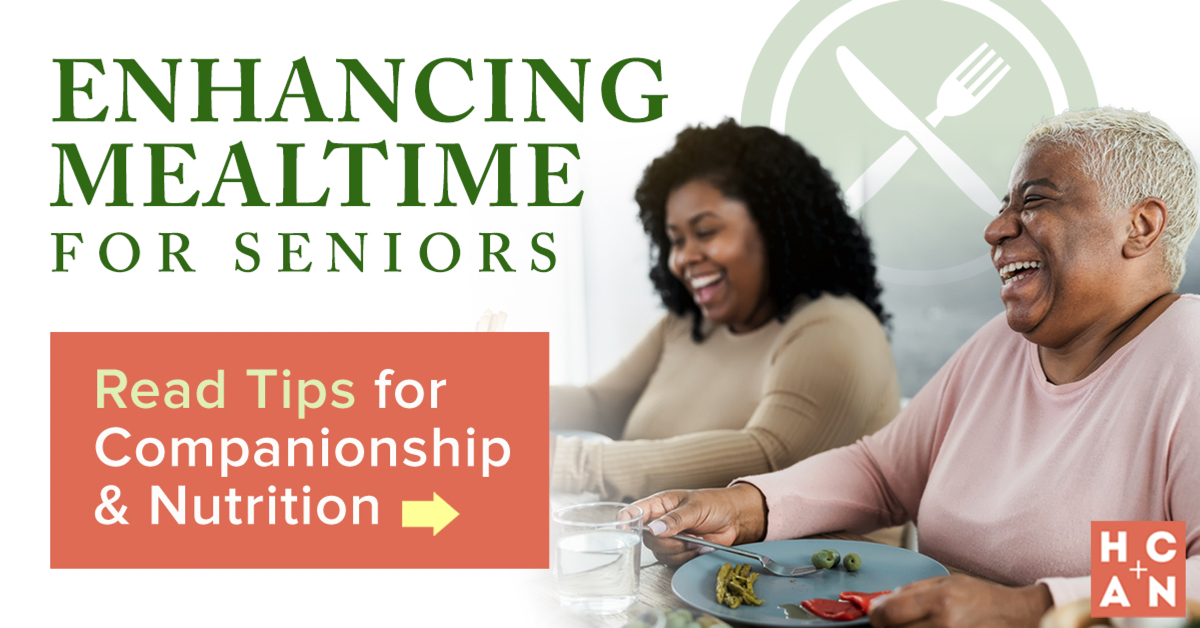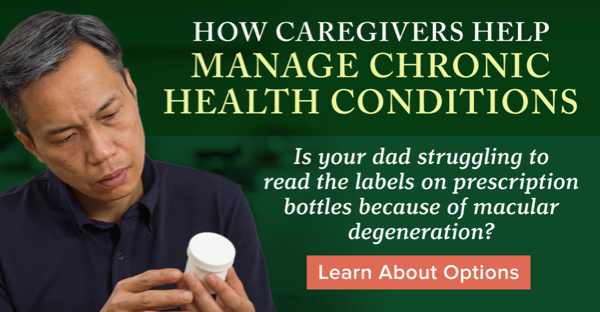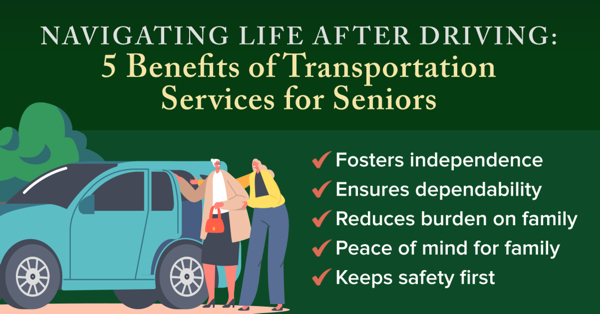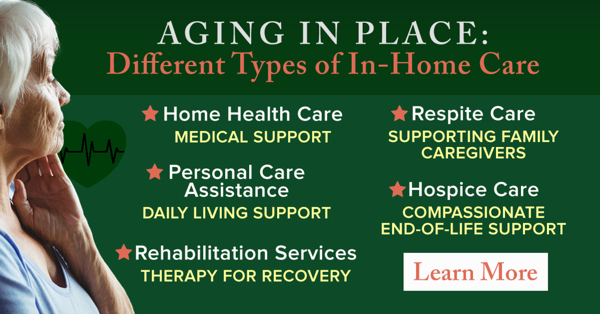Understanding the Importance of Driving for Seniors
It’s one of the hardest things older people have to do – give up their car keys.
“It’s one of the most difficult discussions that families will have with senior loved ones, because they equate driving with independence.” said said Austin Blilie, Chief Operating Officer at Tudor Oaks Home Care’s parent organization, ABHM. “There is no magic number – no set age when people should stop driving. However, we know that many seniors drive, on average, seven to ten years longer than they probably should.”
There are a number of age-related issues that could impact your aging loved one’s ability to drive, including poor vision, hearing problems and joint/muscle issues. For example, arthritis could affect the ability to grasp the wheel or arthritic hips or knees could slow reaction time or make it difficult to brake.
Signs That It May Be Time to Limit Driving
So, how do you know when it’s time to start having discussions about limiting or stopping driving? Here are some things to consider: Continue reading Aging and Driving: Should Your Aging Loved Ones Be Driving?


